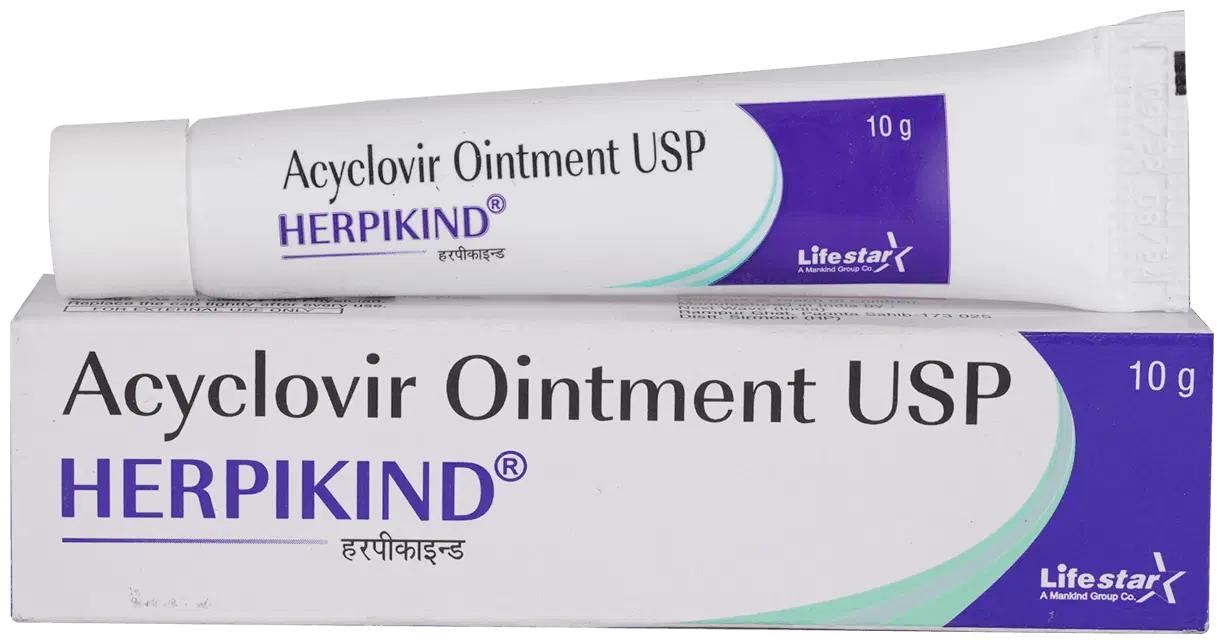Eye infections by herpes simplex virus
Eye infections caused by the herpes simplex virus (HSV) are a common concern that can lead to discomfort and impaired vision. HSV is a highly contagious virus that can cause outbreaks of red, itchy, and painful sores around the eyes. These infections are typically characterized by watery eyes, sensitivity to light, and a gritty sensation in the affected eye.
The herpes simplex virus is transmitted through direct contact with infected individuals or contaminated surfaces. Once contracted, the virus can remain dormant in the body and reactivate, causing recurrent eye infections.
Typical medications used to treat eye infections by herpes simplex virus include antiviral drugs such as Acyclovir, Famciclovir, and Valacyclovir. These medications work by inhibiting the replication of the virus, thereby reducing the severity and duration of the infection. Topical ophthalmic preparations are commonly used for treating ocular herpes infections.
Consult with a healthcare professional for proper diagnosis and treatment of eye infections caused by the herpes simplex virus. Early intervention and adherence to the prescribed treatment plan can help prevent complications and reduce the risk of recurrent infections.

Showing 97–108 of 288 results
Showing 97–108 of 288 results

